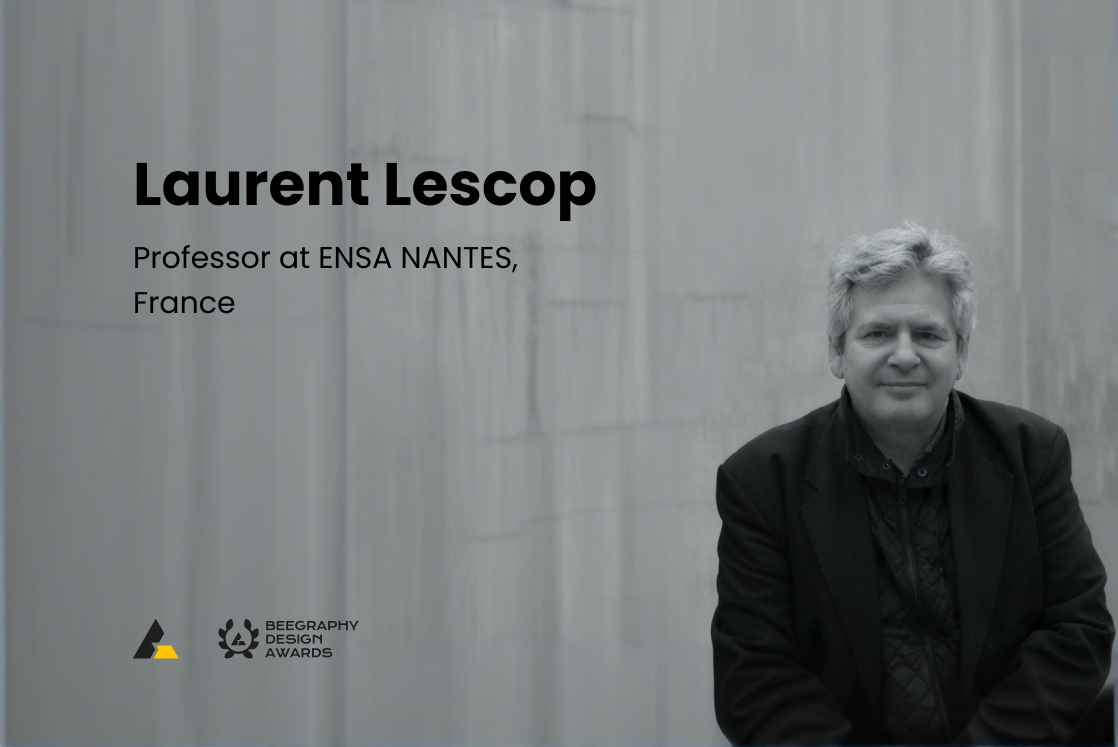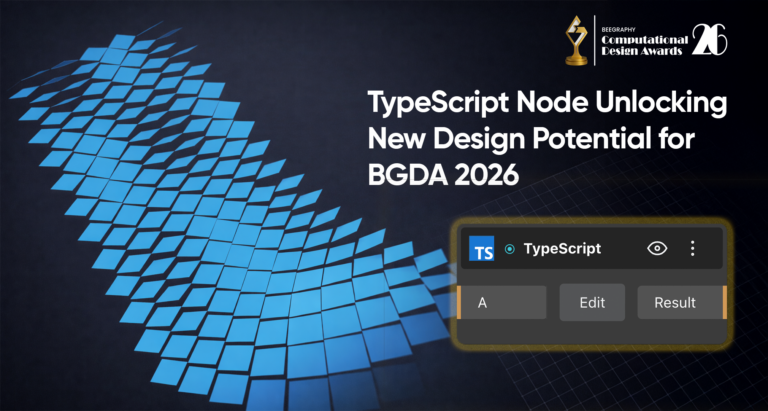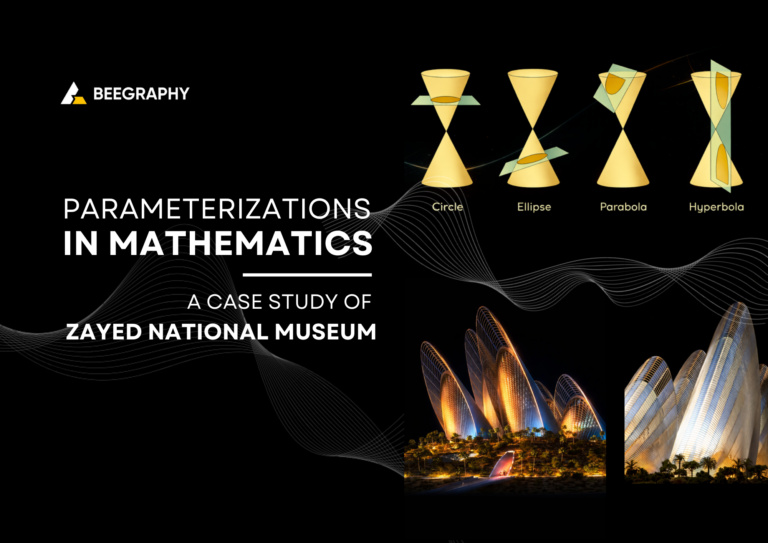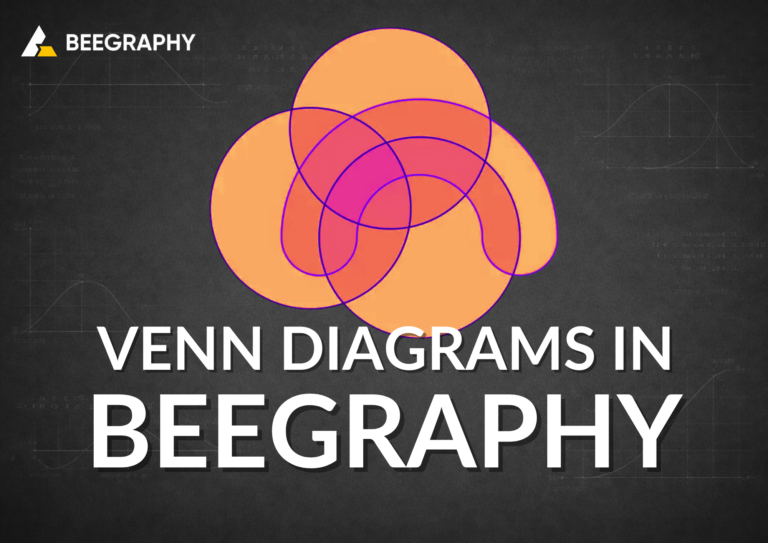Table of Contents
Date & Time: September 18th at 12:00 PM French Time
Are you intrigued by the mesmerizing designs of architects like Bruno Taut and Santiago Calatrava? Do their complex and innovative structures leave you wondering about the processes behind their creation? Join us for an enlightening workshop titled “Beegraphy for Architecture: Designing Complex Geometries… Easily”, led by the esteemed architect and professor Laurent Lescop.
Workshop Overview
This workshop aims to demystify the complexities of advanced architectural designs. Through the lens of algorithmic design and Beegraphy, you’ll explore how seemingly intricate structures are often founded on simple geometric principles and illusions. Laurent Lescop will guide you in uncovering the underlying tricks that make these designs both fascinating and accessible.
What You’ll Learn
- Fundamental Concepts: Lists, Points, Curves, Surfaces, Groups, and Transformations
- Practical Skills: How to create complex shapes using basic tools and transformations
- Insightful Techniques: Understanding geometric illusions used by architectural geniuses
Interactive Participation
The session includes a hands-on tutorial where you’ll apply the concepts learned. Afterwards, you’ll be invited to participate in a survey designed to gauge:
- Comprehensibility of the material
- Time investment required
- Necessary prerequisites
- Interest in applying similar techniques in future projects
The survey will be provided before the workshop to enhance your learning experience.
About Laurent Lescop
Laurent Lescop is a distinguished architect and a Doctor of Science with habilitation. He is a professor at the Nantes Superior School of Architecture (ENSA Nantes) and a researcher at AAU – UMR|CNRS 1563. With over a decade of professional architectural experience, Lescop specializes in computer graphics and immersive technologies. His expertise encompasses 3D scanning, modeling, and restitution across archaeology, architecture, and scenography. His teaching and research focus primarily on immersion and the use of immersive devices for design and visualization.
How to Join
Don’t miss this unique opportunity to learn from a leader in architectural innovation.
- Add to your calendar: Google Calendar Link
- Join via Google Meet: Google Meet Link









